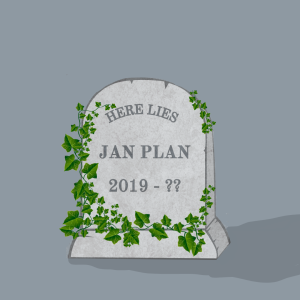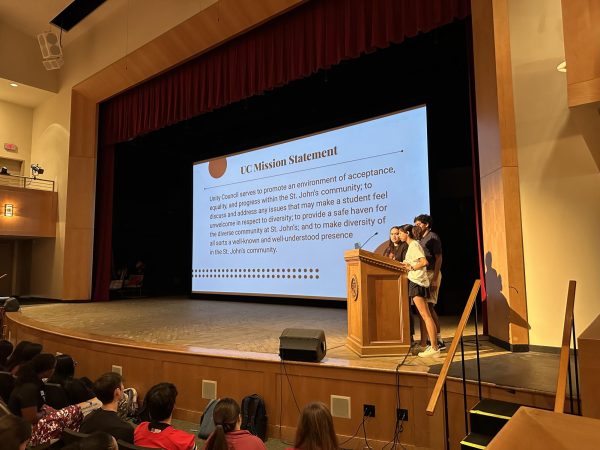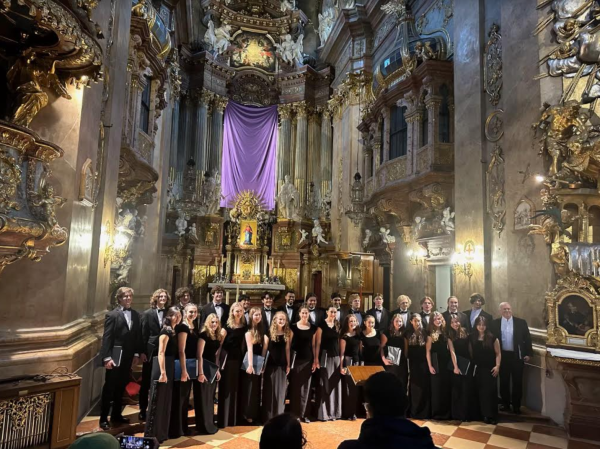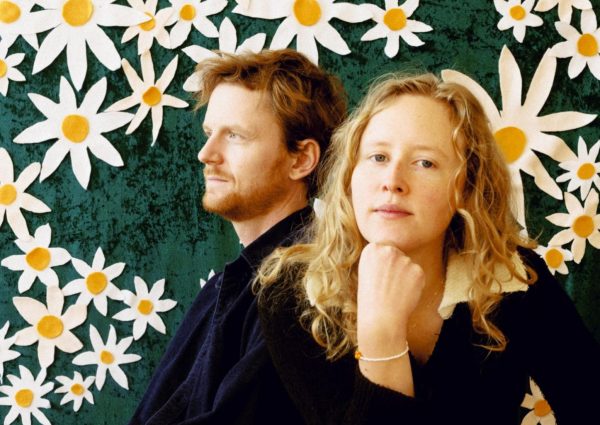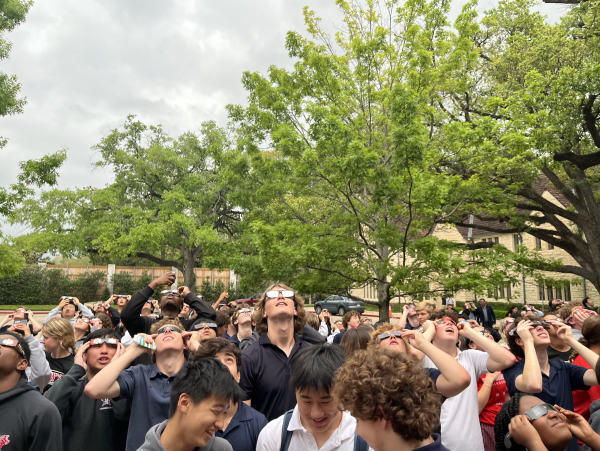Chapel speeches should spur thought, dialogue
December 9, 2015
With the introduction of a new Director of Spiritual Life, the Editorial Board suggests that we reexamine the role of Chapel. As noted on Page 7, Rev. Mulligan plans to embrace diverse religions and encourage sudents to think about their own beliefs. While we support this mindset, we would like to go a step further and recommend modifications to Chapel speeches.
As much as students may complain about or sleep through Chapel, we have to admit that Chapel is a special, even important, tradition. Chapel is a forum for students and faculty to come together to discuss issues that affect the community, both spiritual and not. Most high schools do not have this opportunity for the whole school to unite and think critically about issues and beliefs. In this sense, Chapel has a lot of potential.
English teacher Brian Beard’s Chapel speech about being “heart rich” Sept. 23 had all the elements of a trenchant Chapel speech: it was funny, engaging and relevant to our lives. But above all, it started a dialogue. Every student — regardless of religious beliefs — took something away from Chapel that day.
Too often, Chapel seems formulaic: another unengaging speech filled with buzzwords and dictionary definitions, another attempt to make some sort of metacommentary about success. A Chapel speech that feels condescending or proselytizing can drive away people with differing beliefs while offering little to those who agree.
Beyond that. Chapel should take advantage of our diverse community in choosing speakers. The Editorial Board contends that outside members of the SJS community be selected for Chapel only when absolutely necessary, when a speech from a student or teacher will not suffice.
Contrary to popular belief, students here come from a wide variety of cultural and religious backgrounds and life experiences. Having SJS community members speak more often in Chapel would not only keep students from dozing off but also help them learn something about their peers.
For instance, in This I Believe chapel, senior Casey Mullins mentioned the relevant issue of religion in the media while talking about her personal experiences within Christianity. Casey’s speech was specific to her life while still addressing issues that all students can either relate to or learn from.
Additionally, teachers should attempt to incorporate Chapel messages into class discussion so speeches can extend beyond St. John the Divine. Class debates on topical issues can expose students to diversity in thought and analysis, which will make speeches even more enriching.
While we do not condone students sleeping through or skipping Chapel, we also do not find it surprising when they do. Chapel can be repetitive, uninformative, and yes, boring. But there have also been Chapels that have exposed us to other beliefs, taught us about our classmates and made us think. At its worst, Chapel is time that would have been better used studying for a test, but at its best, Chapel starts a dialogue.
With Rev. Mulligan in charge, the Editorial Board is optimistic about the future of Chapel. The Board, in a 4-0 vote, agrees that with more speakers from within our community, more purposeful speeches and more effort on the part of students to engage, we can elevate Chapel from a mundane tradition to a meaningful space for thought.


